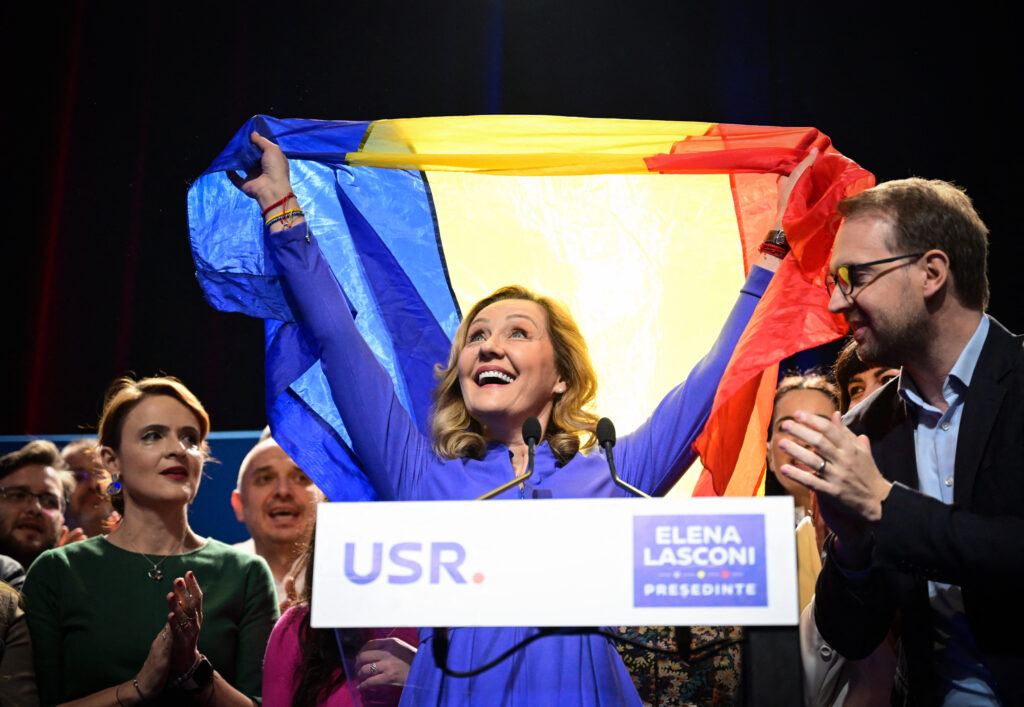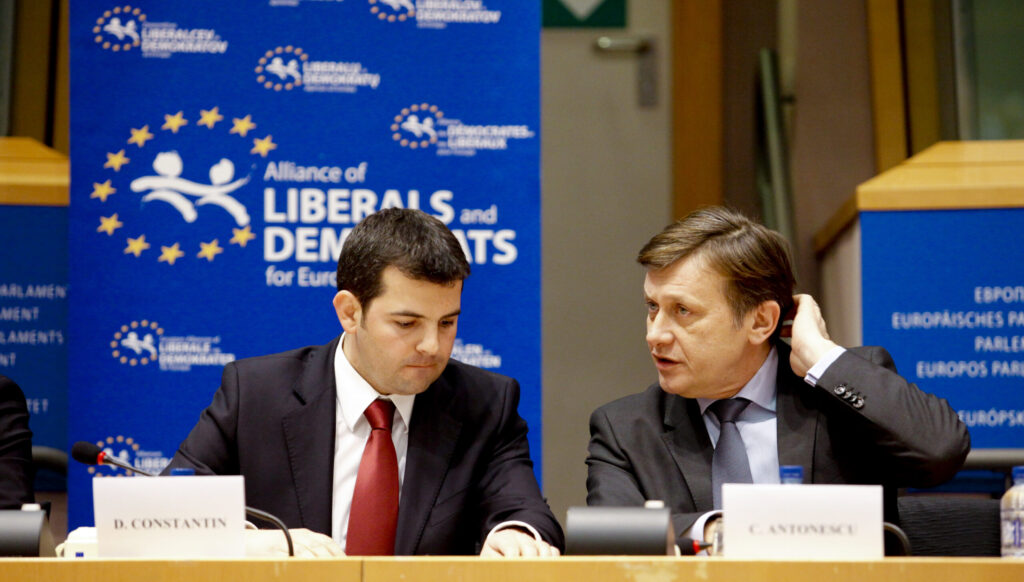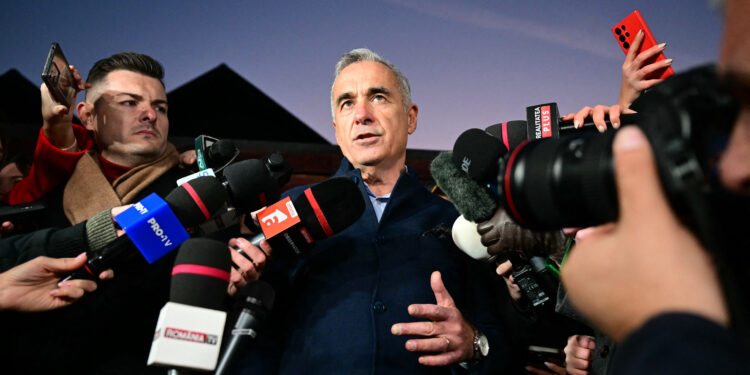Brussels – Romanian politics seems to be recovering after the historic annulment of the November presidential elections by the Constitutional Court following Russian interference certified by the Bucharest intelligence agencies. Now that there are dates for the elections for the new top leadership of the Balkan state, parties are beginning to position themselves, forming alignments that already appear quite clear-cut.
It took about a month from the shock verdict of the Romanian Constitutional Court which, on December 6, invalidated the result of the first round of the presidential election held on November 24, which resulted in the surprise victory of Călin Georgescu, an independent ultranationalist and pro-Russian candidate. According to the judges, who based their decision on declassified intelligence reports, the entire process had to start over again because of heavy interference from Russia (whose disinformation campaigns allegedly erupted mainly on the TikTok platform, currently under investigation by the European Commission).
In the end, on January 8, the government announced the new election: May 4, the first round, and the runoff on May 18 between the two candidates with the most votes if no one obtains an absolute majority. Georgescu would have challenged the leader of the liberal-conservative opposition in the USR, Elena Lasconi if the first round had not been annulled.

Now, however, according to available polls, the situation has changed. In first place in the voting intentions of Romanian voters, Georgescu remains firmly in the lead with even higher support than two months ago–currently around 37-38 percent, thanks in part to endorsement from the far right AUR (which, after the early December legislatures, became the second-largest party in Parliament in terms of number of elected members), but not enough to avoid a runoff.
However, depending on the poll, the challenger in the second round could vary. According to the survey conducted by Avangarde, in addition to Georgescu, advancing to the runoff with 25 percent of the votes would be Crin Antonescu, the unitary candidate chosen by the parties who make up the coalition executive of Bucharest, namely the social democrats of the PSD, the liberals of the PNL and the Hungarian minority, UDMR.

Antonescu, a longtime NLP politician, and former interim president in 2012 (as Romanians voted in a referendum on the impeachment of then-President Traian Băsescu), will have to wait until Feb. 2 for the formal appointment, which could be impacted by the bickering between government allies that followed a theft of Romanian historical artifacts from a museum in the Netherlands.
However, a more recent poll conducted by Curs indicates that Nicușor Dan would reach the second round with a solid 21 percent. Dan, the current mayor of the capital, has seen his popularity rise in recent weeks, and last night (Jan. 29), he met with Lasconi in what appeared to be an appointment ti coordinate in a bid to join forces in the presidential round against rivals Georgescu and Antonescu.
I thank Nicușor Dan for today’s meeting. We are two people of good faith, we have a duty to put the interest of honest citizens of this country above everything else!
✊ I am responsible for the 1.7 million votes that Romanians have now given me… ##pic.twitter.com/BLUoqHiVgM##
– Elena Lasconi (@ElenaLasconi) January 29, 2025
The race to defeat the pro-Russian radical right candidate is thus wide open in Romania, even though, at the moment, Georgescu would seem capable of winning on the ballot against both Antonescu and Dan. However, polls remain polls and should be taken with a grain of salt: after all, they were not able to predict even the stunning victory of the outsider.
What is certain, however, is that that victory triggered yet another political crisis in the Balkan country, both due to the strong signal of discontent sent by the electorate of the centrist establishment – which was confirmed in the most recent elections when far-right forces almost won almost one-third of the seats in Parliament – and due to the controversies caused by the court’s decision (unprecedented in Western history) to annul the vote, which generated cross-criticism at the political level and further distrust in the national democratic processes by Romanian society.
English version by the Translation Service of Withub







